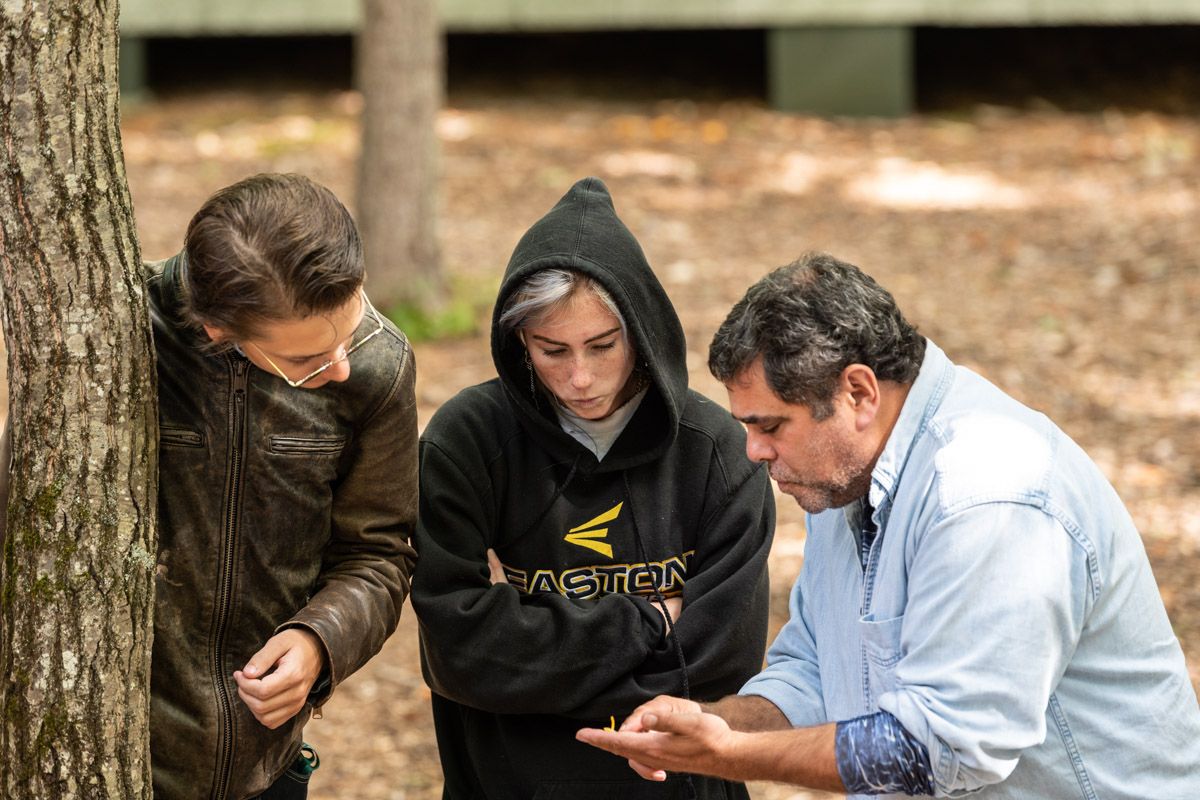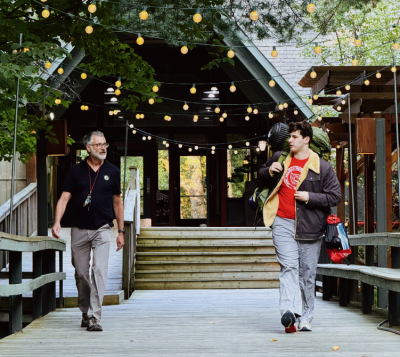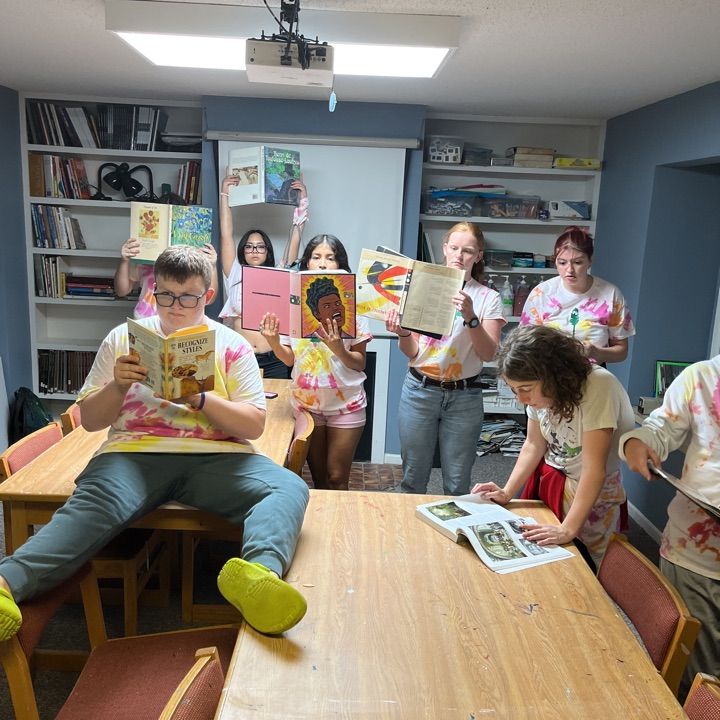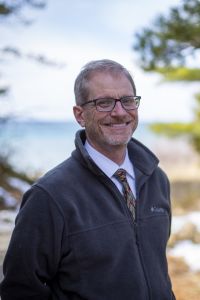
Improving Learning by Making Schools More Humane
ABOUT A 4 MINUTE READ –
Learning is a natural process hardwired into every human being. From birth, we engage the world with our senses, learn through feedback, test boundaries, and expand our intellect through experiences and relationships. Over time, we grow more self-aware, discovering joy and purpose in our talents while recognizing and valuing the diverse gifts of others. We learn to seek help and to offer it. This innate drive to learn is at the core of human nature.
And then we are sent to school…
Schooling was invented to augment, not displace, this natural learning process, bringing together experts for learners to interact with and peers to share experiences. Modern schooling, as we know it—sending children to a dedicated “place”—is a relatively recent experiment in human history. Despite its success in improving general literacy and striving for equity in opportunity, it has also accumulated significant inertia. Today’s schools are often weighed down by convention and assessed against outdated assumptions. Meanwhile, the world has evolved. The skills required for success in the 21st century differ vastly from those of the 20th, and children now grow up in social and virtual environments unrecognizable to their parents.
A common current reality
For many students, schooling has become an oppressive process. There is a sense that students exist to serve the school, rather than the school existing to serve their futures. They do not feel safe. Natural curiosity, the fuel for learning, is often confined—or extinguished—by rigid systems. Schools operate at a relentless daily pace, where students become mere faces in a crowd. Going to the bathroom is a privilege. Staying indoors and rushing through lunch is a necessity. Extra support and accommodation is something that must be applied for and approved. Movement is restricted, the arts are sidelined as “non-core,” and homework displaces opportunities for social growth. Standardization reduces individual differences to anomalies that do not fit some institutionalized and random definition of “normal”. In this climate, sorting and selecting overshadow the pursuit of differentiated success. Assessment often takes precedence over teaching. The goal of sameness does not serve our society, economy, or mental health very well. The challenge students face is not the “content”, but the systems of delivery and support which are often onerous, ridgid, and restrictive. A student who struggles is not incapable of success, just denied the appropriately designed opportunity to flourish.
The Solution
If schools were more humane in practice and purpose, students would thrive. They would value education more deeply, take greater ownership of their learning, and approach their work with integrity and purpose. If their “abnormalities” were celebrated as virtues, they would rise higher and be more accepting of others. Above all, if they felt truly seen, heard, and known by a school that cared for them, students would excel and enter adulthood brimming with enthusiasm, ready to contribute meaningfully to society.
Schools can achieve greater rigor and vigor by being more humane. A school environment that balances high expectations with strong support systems fosters a culture of deep thinking, problem-solving, and intellectual curiosity. Rigor should not be reduced to mean more homework with less support, or strictness with less grace. It should represent meaningful challenges. In science, this might involve applying principles to real-world experiments, while in literature, it could mean analyzing texts through diverse lenses. When rigor is clearly defined across disciplines as “authentic learning experiences” students and teachers alike will soar.
Clearing the path

To support these high expectations, schools must simplify the path. Less can mean more. Streamlined and more gracefully paced schedules, intuitive technology platforms, personal choice in learning, diversified assessments, and consistent communication help students and families navigate school life effectively. An advisory program can provide every student with a trusted mentor to guide them academically and personally. And smaller class sizes, and smaller school communities, allow for greater focus on learning and a lessened need for punitive discipline practices. Restorative methods become possible when students trust in their support and see value in each other.
A healthy social climate is critical so students feel safe in the necessary vulnerability of learning something new. Schools must prioritize personal wellness, teaching executive function strategies with the same emphasis given to academic content. Learning to manage time, organize tasks, and approach challenges strategically are skills much more vital than factoring polynomials. Schools must teach students how to break complex tasks into smaller, manageable steps – not just do it for them. Robust academic resources—peer tutoring, learning centers, and accessible teacher office hours—ensure that every student has the tools they need to succeed. Asking for more effort, without simultaneously teaching strategies for achieving greater success, is akin to teaching sailing without any wind.
Rigor should be defined as “meaningful challenges”
Autonomy, paired with guidance, is another cornerstone. By offering meaningful choices—whether through project-based learning, electives, or interdisciplinary studies—students develop ownership of their education. Teaching time management and organizational skills empowers them to tackle demanding coursework, and life-work, without feeling overwhelmed.
Teachers, too, must be equipped to balance rigor and accessibility. Professional development should emphasize creating lessons that challenge students while ensuring clarity and engagement. Aligning expectations across departments reduces unnecessary complexity, making learning more coherent and less stressful for students.
At the heart of these efforts lies community. Schools must foster open communication, regularly seeking feedback from students and parents to identify and address challenges. We can’t very well ask for students to take more ownership in learning if we never give them the keys. We can’t expect creativity or critical thinking if we give them step-by-step instructions. Instead, we can celebrate diverse achievements—academic, artistic, or athletic—and thus reinforce the value of perseverance and growth – the essentials for future success.
When schools combine clear expectations, robust and easy to access support systems, and a commitment to community, they create an environment where rigor and ease coexist. Such schools challenge and uplift their students, preparing them not just to succeed but to thrive in a complex, ever-changing world. Learning is once again a natural and humane process of discovery.


Rob Hansen is the Head of School of The Leelanau School. He has 25 years of experience in both public and independent schools. A teacher at heart, he has also worked as a consultant and adminstrator in both elementary and secondary environments. Learn more about Rob here.
Want to know more about how learning at Leelanau is different?
Connect with Rob Hansen, Head of School, at any time:
Calendar | Schedule to Meet
Email | admissions@leelanau.org
Phone | 231-334-5826